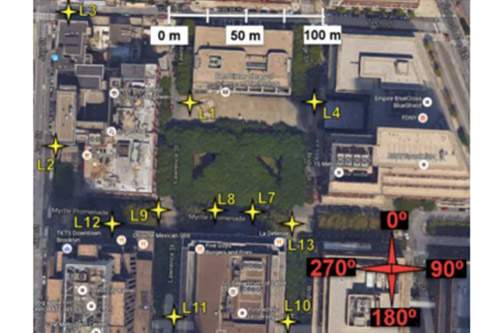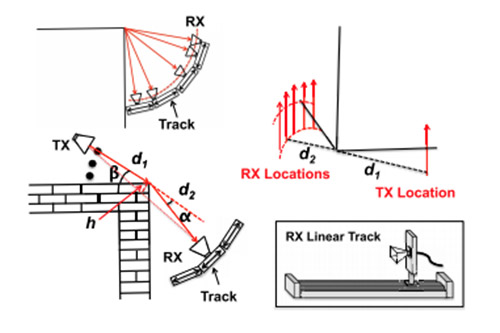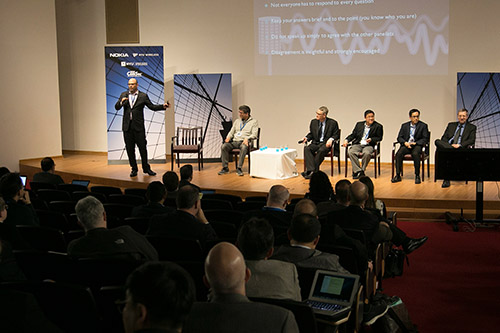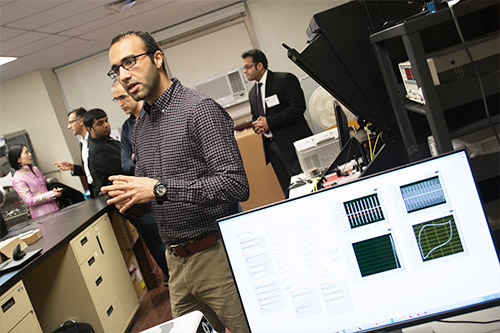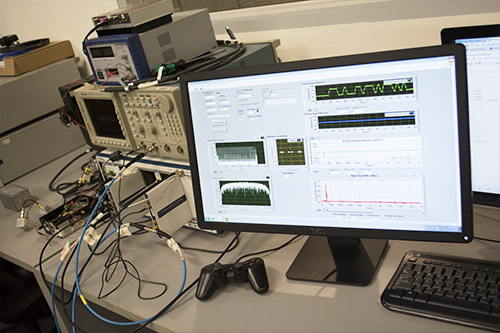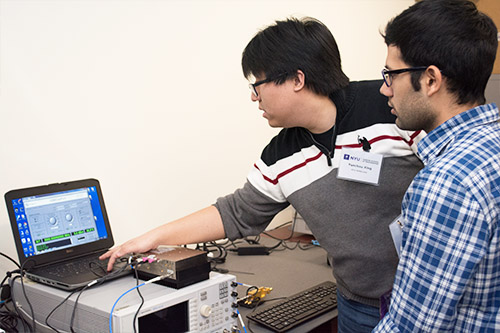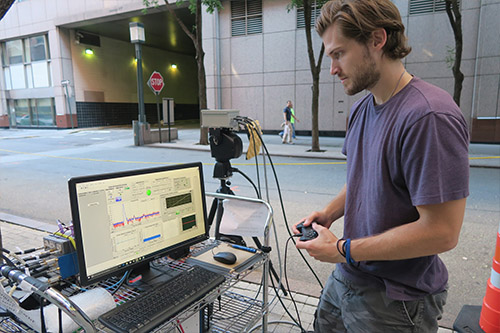Tandon Professor Heads IEEE Information Theory Society
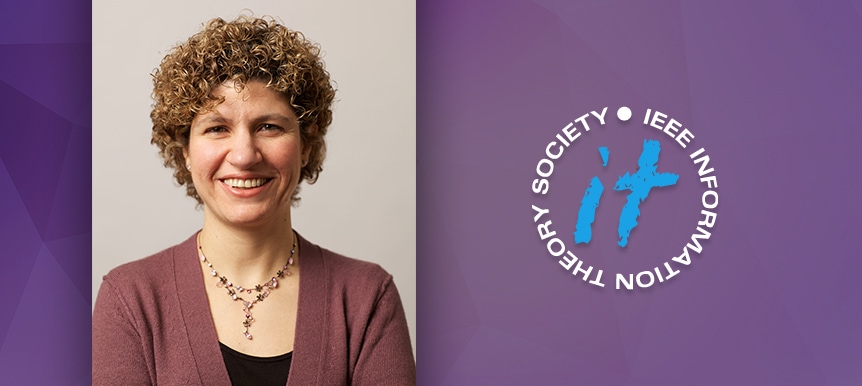
Information Theory researchers devise fundamental bounds for representing, communicating, processing, and using information, and although it has long been considered part of electrical engineering and has had significant impact in communication systems, it also has connections to diverse fields.
Since Claude Shannon, a Bell Labs researcher, published his foundational paper on the discipline in 1948, Information Theory has burgeoned, and it now touches numerous other disciplines — from evolutionary biology and neuroscience to machine learning to economics.
“It’s an exciting time to be involved in information theory research,” Elza Erkip, a professor of electrical and computer engineering at the NYU Tandon School of Engineering, says. “New areas of research are opening up, and new connections are being made with emerging problems in biology, computer science and statistics.”
Erkip is now in a unique position to not only watch the developments in her field but to direct them: named the Second Vice President of the Institute of Electrical and Electronics Engineers (IEEE) Information Theory Society in 2016, she ascended this year to the group’s presidency.
In that important post, she will oversee several initiatives aimed at expanding the uses of Information Theory and raising the profile of the field among the scientific community. Among her goals is to see published a new journal that will join the society’s highly regarded IEEE Transactions on Information Theory. “The new publication, which is now in the planning stages for IEEE’s approval, will be focused on special topics,” Erkip explains. “That’s a much-needed development given the growing realization that Information Theory has applicability in so many other areas and will be interesting to a broadly diverse group of readers.”
Erkip — who has held many IEEE editorial posts and has received such honors as the IEEE Communications Society Stephen O. Rice Paper Prize, the IEEE Communications Society Award for Advances in Communication, and IEEE Communications Society WICE Outstanding Achievement Award — also plans to revamp the society’s quarterly newsletter, which features technical articles, news, and event listings, and turn it into an archival magazine that will include tutorial articles in core Information Theory subjects as well as cross-cutting subjects.
As the Information Theory Society moves into the future, Erkip asserts that they will continue to honor the past: a feature-length documentary on Shannon, who is often called the Father of Information Theory, is being filmed and should be ready to premiere during her presidency.
“This is the 70th anniversary of the paper that launched our entire field,” Erkip says, “so I hope it will be an auspicious year in many respects.”

 2025 Brooklyn 6G Summit — November 5-7
2025 Brooklyn 6G Summit — November 5-7 Sundeep Rangan & Team Receive NTIA Award
Sundeep Rangan & Team Receive NTIA Award 2025 Open House
2025 Open House